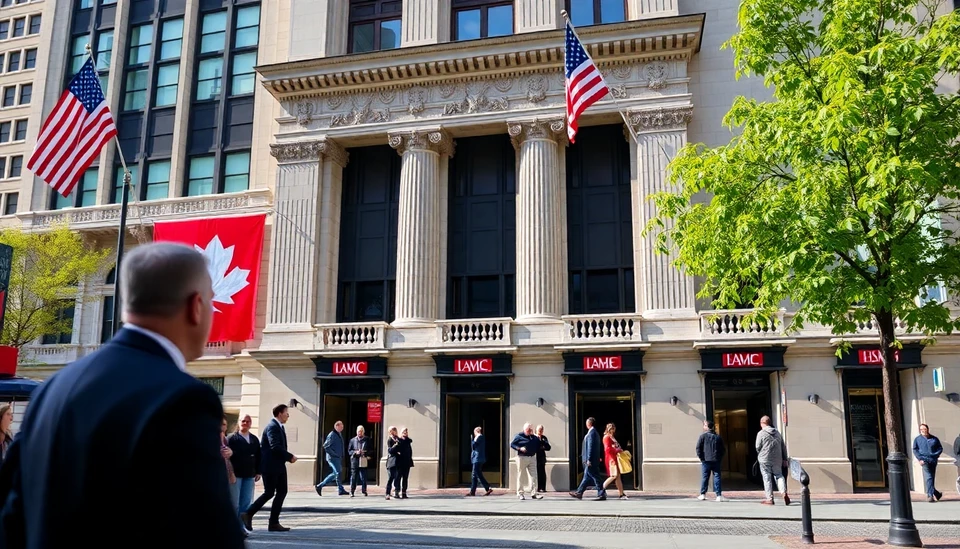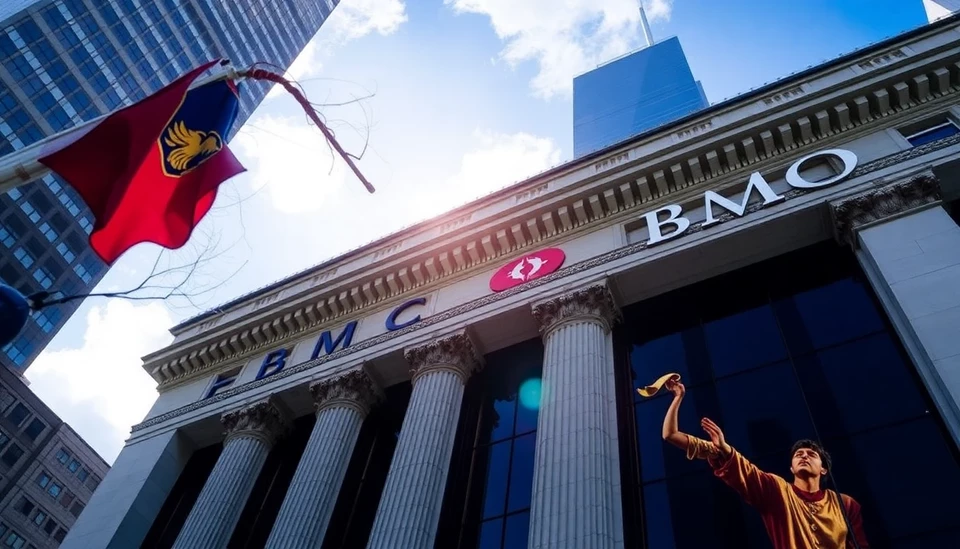
In a significant shift in the finance industry’s approach to climate commitments, Bank of Montreal (BMO) has announced its departure from a prominent climate-focused group. This development marks a growing trend among major financial institutions on Wall Street as they reconsider their affiliations with environmental initiatives amidst rising scrutiny and shifting regulatory landscapes.
The decision by BMO comes shortly after other major banks pulled out of climate organizations. This exodus highlights an evolving conversation around the role of financial institutions in combating climate change, with many firms facing pressure from shareholders and regulators to meet existing financial obligations over bold climate promises that may impede profitability.
Critics of BMO's move argue that withdrawing from climate groups sends a troubling signal, potentially undermining global efforts to address climate change through coordinated financial action. As stakeholders demand accountability and clear pathways to sustainability, the bank's exit raises questions about its commitment to environmental stewardship.
Notably, BMO’s departure comes in the wake of several key initiatives in the financial sector that have focused on integrating climate risks into investment strategies. However, with increased volatility and regulatory challenges, many banks are finding it difficult to balance climate obligations while maintaining robust profit margins.
Wall Street's changing stance on climate initiatives is reflective of a broader industry trend where financial players are reassessing their climate-related strategies. Analysts suggest that there is a growing caution among banks, as they navigate the complexities of sustainability commitments while ensuring their businesses remain competitive and resilient.
The impact of this increasing skepticism towards climate group affiliations is likely to ripple through various sectors, as financial institutions reevaluate their partnerships and priorities. Stakeholders will be monitoring how these dynamics unfold and whether institutions like BMO will reconsider their stand on climate engagements in the future.
As discussions continue around the intersection of finance and environmental responsibility, BMO’s exit could be seen as a pivotal moment. It potentially signals a shift away from collaborative climate efforts within the financial industry, raising concerns about the collective action needed to combat climate change effectively.
Going forward, the question remains whether financial institutions will engage in meaningful climate strategies or retreat in the face of mounting challenges. The developments underscore the critical balance between financial viability and environmental responsibility that such firms must strike in today's evolving economic climate.
As the climate conversation continues to gain traction, the financial sector's commitment to these initiatives will likely come under increasing scrutiny from both investors and the public. The outcome of these decisions may significantly influence both financial returns and the health of the planet in the years to come.
#BMO #ClimateExodus #WallStreet #EnvironmentalResponsibility #ClimateChange #SustainableFinance
Author: Peter Collins




